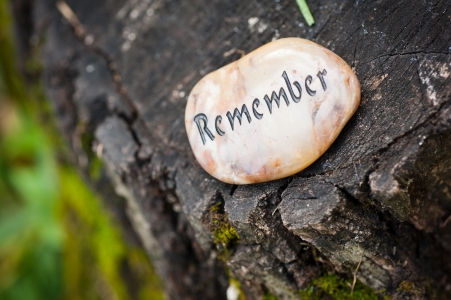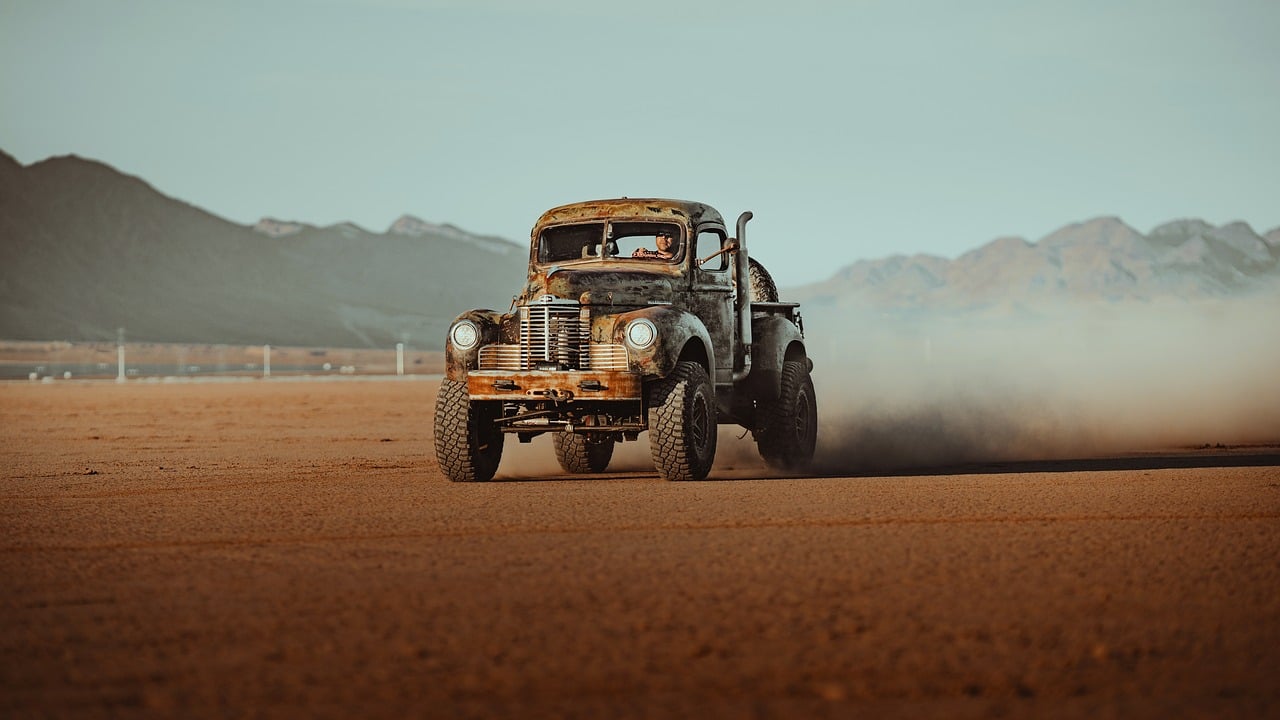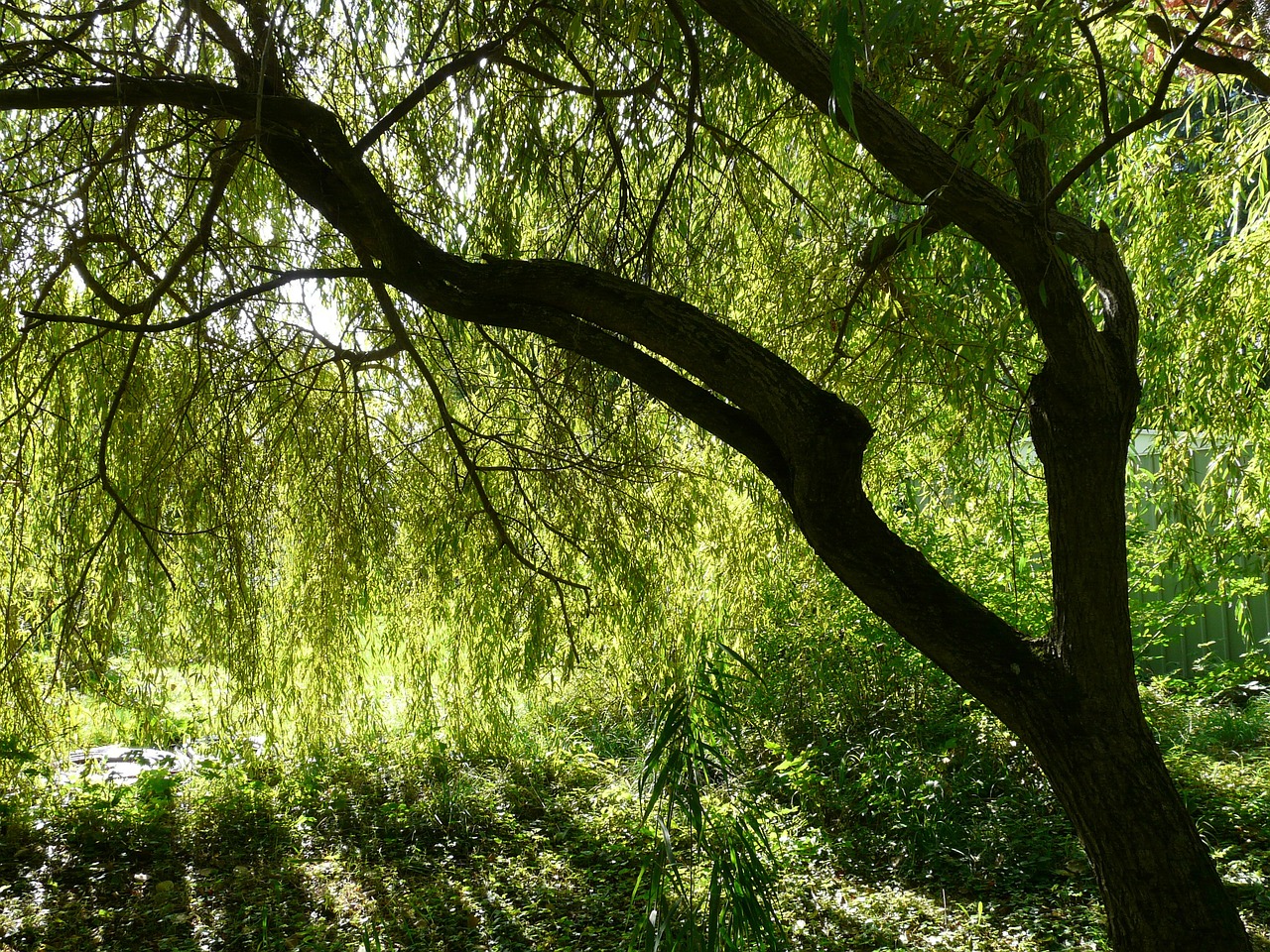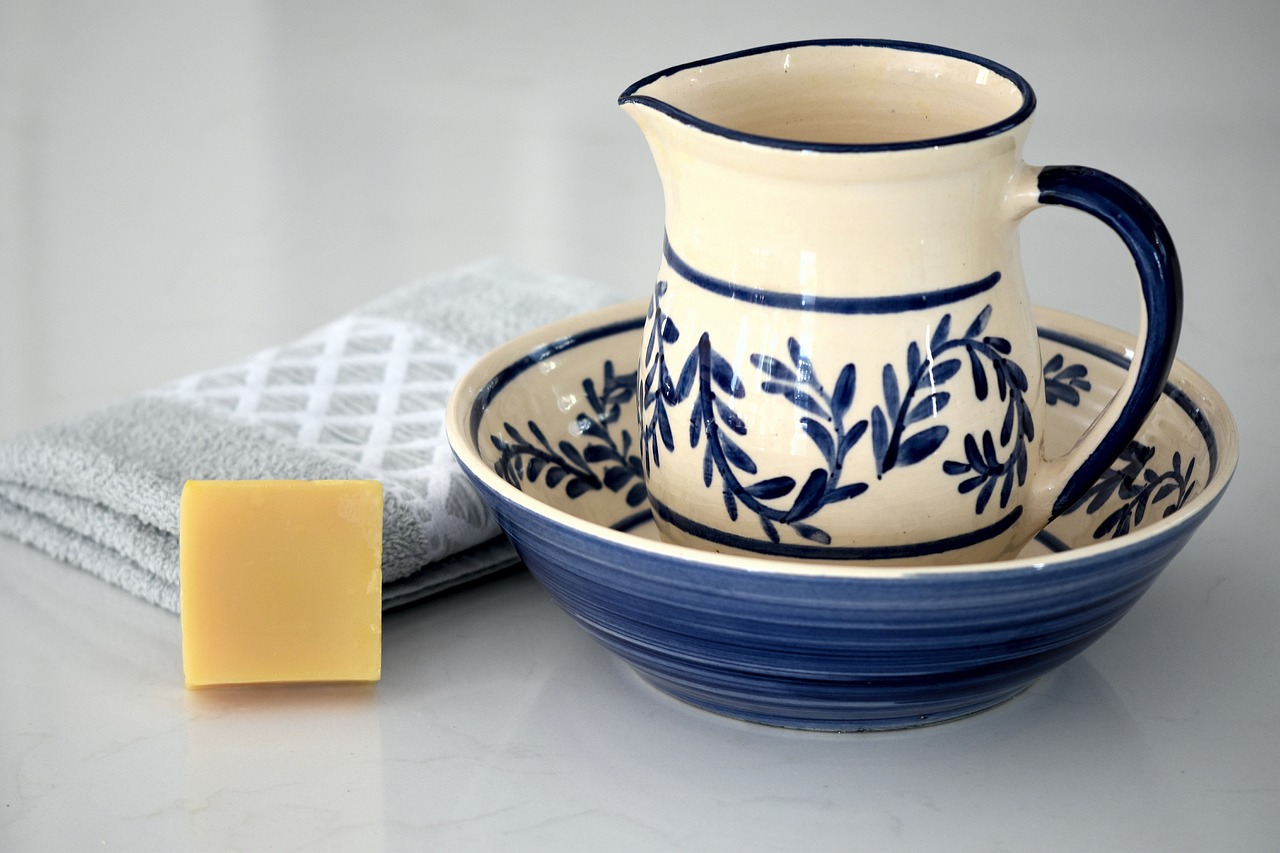Leader
Each of us confronts death in our own way. Each of us grieves in our own time. Each of us faces the reality of loss differently. No one set of words or rituals will speak to us as we journey through our personal grief.
We are here this evening to support [NAME] during their time of grief for their [relation] [NAME], who has been taken from them by death. To be part of this gathering is an act of compassion, loyalty, love and integrity. On behalf of [NAME], I thank each of you for being here at their time of grief. By being here, you are saying more than words can. You are saying: “I am here for you. I feel your pain. There are no words.”
Yet words and rituals are what we have. As limited as they are, words let us give voice to feelings that dwell deep within us.
Niggun
NA’ASEH SHALOM
נָעֲשֶׂה שָׁלוֹם בָּעוֹלָם וּנָעֲשֶׂה שָׁלוֹם עָלֵינוּ
וְעַל כָּל יִשְׂרָאֵל וְעַל כָּל בְּנֵי אָדָם,
וְאִמְרוּ: אָמֵן.
Na’aseh shalom ba’olam
Let us make peace in the world
U na’aseh shalom aleinu
And let us make peace for us
v’al kol Yisrael, v’al kol bnei Adam
for all Israel, and for all humanity
v’imru Amein
and let us say Amen
(please be seated)
LIGHTING THE MEMORIAL CANDLE
Leader
A person’s soul is like a flame, bringing light into the world. And just as one can light more candles with a flame without its being diminished, so too a person can give of himself, touching many lives, without ever being diminished.
MOURNER I light this candle in memory of my [RELATION} [NAME], though they no longer walk among us, may their light continue to shine within the world. May their memory guide me, who loved them continuing to strengthen me throughout my life.
ALL: May their memory offer you comfort as the candle burns brightly.
Barukh ha-or ba-olam.
Blessed is the light within the world.
Barukh ha-or ba-adam.
Blessed is the light within each person.
Leader: When balance comes
All: The memory of our time together will once again shine.
Leader: When balance comes
All: The weight of our time together will be an anchor to the time ahead.
Leader: When balance comes
All: We will embrace tomorrow, welcome laughter, rejoice in wonder, remember with joy.
Leader: When balance comes
All: The glow of memory will burn brighter than this flame of loss.
BARCHU
Let us bless life,
darkness and light,
heart of harmony and chaos,
creativity and creation.
Leader:
בָּרְכוּ אֶת הַחַיִּים
Barkhu et ha-hayyim
(Bless life)
Congregation and Leader
(while bowing)
Nevareykh et hayeinu me’ata ve’ad olam
(we bless our lives, from now until forever)
MA’ARIV ARAVIM
We celebrate the Divine Presence, the Light in the Universe, creative force that causes the evening to exist, opening the gates and varying time and seasons, arranging the stars in their heavenly courses with order. Creative Force of day night which rolls light away from darkness and darkness from light, transforming day into night and distinguishing one from the other. Wellspring of Life, as such we name you. Spark of Spirit, may you dwell continually within us into eternity. We bless the Source of All, which brings on the evening.
SHEMA
Let us take a minute to listen to the sound of the present moment.
שְׁמַע יִשְׂרָאֵל אֶחָֽד עַמֶינוּ אָדָם אֶחָֽד
Sh’ma Yisra’el Ekhad Ameinu Adam EchaD
Listen Israel, Our People are One, Humanity is One
V’AHAVTA
All read together:
Let us love all the world
with all our heart, with all our soul, and with all our might.
Leader:
הָבָה נֹאהַב אֶת כָּל הָעוֹלָם בְּכָּל לְבָבֵנוּ, וּבכָל נַפְשֵׁנוּ, וּבְכָל מְאֹדֵנוּ
Havah nohav et kol ha-olam
b’khol l’vaveinu, uv’khol nafsheinu, u-v’khol m’odeinu.
All read together:
And these words will be upon our heart always. Let us learn them by heart with our children, and let us speak them often, as we sit in our homes and walk along the way,
as we lie down and rise up.
Leader:
וְהָי֞וּ הַדְּבָרִ֣ים הָאֵ֗לֶּה
עַל־לְבָבֶֽנוּ תָּמִיד
לְשַׁנַּנַם עִם בָנֶ֔ינוּ
וִנְדָבֵּרְ בָּ֑ם לְעִתִּים קְרוֹבוֹת
בְּשִׁבְתֵּנוּ בְּבַיתֶ֙נוּ
וּבְלֶכְתְּינוּ בַדֶּ֔רֶךְ
וּֽבְשָׁכְבְּנוּ וּבְקוּמֶֽנוּ
V’hayu ha-d’varim ha’eileh
al l’vaveinu tamid.
N’shanenam im baneinu uv’noteinu, vin-daber bam l’ittim k’rovot – b’shivteinu b’vateinu
uv’lekhteinu vaderekh, uv’shokhbeinu uv’kumeinu.
All read together:
Let us attach them as a sign to guide our minds and our hands. Let us write them on mezuzahs in our homes as lessons. Let us make our every deed a labor of love.
Leader:
נְקַשְׁרָם לְאוֹת
לְהַדְרִיךְ אֶת דָּעָתֵינוּ וְאֶת יָדֵינוּ
נִכְתֹּבָם עַל מְזוּזוֹת
בְּבָתֵינוּ לְשִׁיעוּרִים
הָבָה נַעֲשֶׂה
כָּל מַעֲשֶׂה שֶׁלָנוּ
עָבוֹדָה לְאַהֲבָה
N’kashram l’ot
l’hadrikh et da’ateinu v’et yadeinu. Nikhtavam al m’zuzot
b’vateinu l’shiurim.
Havah na’aseh
kol hama’aseh shelanu
avodah l’ahavah.
AMIDAH
We stand up for the amidah as a symbolic act of standing up for what we believe in, for what we want most in our lives, in our community, and in the world around us. We bow in places as an embodied action that sanctifies that which is most holy to us. Before we begin we TAKE THREE STEPS BACKWARD AND THREE STEPS FORWARD to step out of our mindset and into the holiness of self-reflection brought about by prayer.
May our hearts be open and our minds refreshed as we stand together and meditate on our most important values
Niggun
We sing the traditional niggun
אֱנִי פּוֹתֵחַ/פוֹתַחַת אֶת שְׂפַַתַיי לְכַּוָּנָה
Ani poteach/potachat et s’fatai l’kavvanah
I open my lips to intentionality
נְבָרֵךְ אֶת הַחַיִּים בְּנֶאֱמָנוּתֵנוּ
זִכְרוֹן חַסְדֵי אִמָּהוֹת, חַסְדֵי שָׂרָה, חַסְדֵי רָחֵל, חַסְדֵי רִבְקָה, חַסְדֵי לֵאָה, חַסְדֵי בִּלְהָה, וְחַסְדֵי זִלְפָּה. וְזִכְרוֹן חַסְדֵי אָבוֹת, חַסְדֵי אַבְרָהָם, חַסְדֵי יִצְחָק, וְחַסְדֵי יַעֲקֹב
הַגְּדוֹלִים הַגִּבּוֹרִים וְהַנְּאוֹרִים
Let us bless life with our faithfulness
Let us remember the kindness of our mothers and fathers, Sarah, Rachel, Rebecca, Leah, Bilhah and Zilpah. Abraham, Isaac and Jacob.
The great ones, the mighty ones, the enlightened ones. Let us bless life, the shield of Abraham and the help of Sarah. N’varekh et hachayim b’ne’emanuteinu.
Zikhron hasdei imahot, chasdei Sarah, hasdei Rachel, hasdei Rivkah, hasdei Leah, hasdei Bilhah v’hasdei Zilpah. V’zikhron hasdei avot, hasdei Avraham, hasdei Itzḥak v’hasdei Ya’akov. HaGdolim HaGibborim v’hane’orim.
בְּחֶסֶד וְרַחְמָנוּת אָנוּ תּוֹמְכִים בְּכָל חַי, וְעוֹזְרִים לְהָפִיחַ חַיִּים חֲדָשִׁים לְעוֹלָם, וּמְקִימִים אֶת כָּל אֲשֶׁר מַרְגִּישׁ כְּמֵת אָנוּ תּוֹמְכִים בַּנּוֹפְלִים, מְרַפְּאִים אֶת הַחוֹלִים, מַתִּירִים אֶת הָאֲסוּרִים, וְנֶאֶמְנֵי לְיָשְׁנֵי עָפָר
With kindness we support all who live, helping to bring new life and raising those who feel dead. We support the falling, heal the sick, free the hostage and are faithful to those who have to sleep in the dust.
B’hesed v’rakhmanut anu tom’khim b’khol hai, v’ozrim l’hafikh hayyim hadashim l’olam, um’kimim et kol asher mar’gish k’met anu tom’kim banoflim, m’rap’im et hakholim, matirim et ha-asurim, v’ne-em’nei l’yashnei ‘afar
מַה יִדָּמֶה לְזֶה וּמָה
יִשָּׁוֶה לְכָךְ, הָאוֹר בָּאָדָם הַמֵּפִיחַ חַיִּים וּמַצְמִיחַ יְשׁוּעָה
What else is like this? What can be compared to this? The light in humanity that gives life and makes salvation bloom.
Mah yidameh l’zeh umah yishveh l’khakh, ha-or ba-adam hamefiakh hayyim umatzmiach y’shu’ah
קָדוֹשׁ קָדוֹשׁ קָדוֹשׁ מְלוֹא כָּל הָאָרֶץ קְדֻשָּׁה
אוֹר הָאַהֲבָה מָלֵא עוֹלָם
בָּרוּךְ אוֹר הָאַהֲבָה בָּעוֹלָם
וּמִמָּסוֹרְתֵנוּ אָנוּ לוֹמְדִים, תֵּצֵא אָהֲבָה מִצִּיּוֹן לְעֹלָם, מִדֹּר וָדֹר, הַלְּלוּ, הַלְּלוּ
מִדֹּר וָדֹר נוֹדִיעַ לַכֹּל עַל גְּדֻלַּת הָאַהֲבָה וְהַחַיִּים, וּקְדֻשָּׁתָם נַקְדִּישׁ, וּמִפִּינוּ לֹא תָּמוּשׁ תְּהִלַּת הַחַיִּים לְעֹלָם וָעֶד, גְּדֻלָּתָם וּקְדֻשָּׁתָם
מוֹדִים אֲנַחְנוּ לִקְהִלָּתֵנוּ, וְלַאֲבוֹתֵינוּ וּלְאִמּוֹתֵינוּ לְעֹלָם וָעֶד, צוּרֵי חַיֵּינוּ מְגִנֵּי יִשְׁעֵנוּ, מִדֹּר וָדֹר
יַחְדָּיו נְבָרֵךְ, כִּי טוֹב וְנָאֶה לְהוֹדוֹת בְּשִׂמְחָה
נְבָרֵךְ אֶת אוֹר הַשָּׁלוֹם
Holy, Holy, Holy, the whole earth is filled with holiness.
The light of love fills the world,
Blessed be the light of love in the world.
And from our traditions we learn: love will arise from Zion to the World, Sing with joy, Sing with joy! From generation to generation, we will make known to all the greatness of love and life, to the end of time we will proclaim its holiness, and the praise of life shall never leave our lips.
We acknowledge and bow in gratitude, to thank our community and our ancestors forever and ever, for they are the rocks of our lives, our protective shield in every generation. We bless, for it is right and good to give thanks with happiness. We bless the light of peace.
Kadosh kadosh kadosh m’lo khol ha’aretz kedushah.
Or ha-ahavah malei olam,
Barukh or ha-ahava ba-olam.
U’m’masorteinu anu lomdim: tetze ahavah miTziyon leolam midor vador, Hallelu Hallelu!
Midor vador nodia lakol al gdulat ha-ahava vehachayim, uk’dushatam nakdish umipinu lo tamush tehillat ha-haiyim le-olam va-ed, gedulatam u’kedushatam.
Modim anachnu lekehillateinu, v’la-avoteinu ul’imoteinu l’olam va’ed, tzurei haiyeinu, maginnei yisheinu, midor vador.
Yakhdav n’varekh, ki tov venaeh l’hodot b’simcha. N’varekh et or hashalom.
(time for private reflection)
יִהְיוּ לְרָצוֹן אִמְרֵי פִי וְהֶגְיוֹן לִבִּי אֲשֶׁר הֵם צוּרִי וְגוֹאֲלִי
Yihyu l’ratzon imrei fi v’hegyon libi tzuri v’go’ali
May the words of my mouth and the meditation of my heart be acceptable, may they be my rock and my redeemer.
מקוֹםַ הכַֹּחְ
בּתוֵֹכנוְּ מקוֹרוֹתַ הְבָּרָכהְ מֶחְברוֵּתנוּ
M’kom hakoach b’tocheinu, m’korot habrakhah m’hevroteinu
May those in need of healing know the renewal of body and spirit.
TAKE THREE STEPS BACKWARD
Na’aseh shalom ba’olam
Let us make peace in the world
BOW TO THE RIGHT
U’na’aseh shalom aleinu
And let us make peace for us
BOW TO THE LEFT
v’al kol Yisrael, v’al kol bnei Adam
for all Israel, and for all humanity
BOW
v’imru Amein
and let us say Amen
(please be seated)
READING
We grieve for the part of us that is gone.
We feel the absence and a presence
Like spreading seeds of energy,
A relationship that can never end.
We reminisce to moments in time.
Thoughts at play, a loving embrace
A dance of images, a quilt of emotions.
Again the pain, again the questions.
The undeniable escapes our grasp.
The answers elude our inquiry.
We admit to anger at being left behind
At not preventing what is inevitable
At the inequity of life’s circumstance.
We search to find meaning and acceptance.
We can still see the familiar posture
Hear the distinctive voice
A penchant that could aggravate
An expression that spoke volumes
A smile that could charm.
We have known the uniqueness of another soul.
We recreate moments lost in time
We share the deepest feelings of loss
We miss the breath of your presence.
LET US READ TOGETHER
Those who held us, and whom we held, we remember them now.
Those who loved us, and whom we loved, we remember them now.
At the rising of the sun, and its going down, we remember them.
When we seek advice that does not come, when we are alone and afraid,
We remember them.
When we are weary and in need of strength,
When we are lost and sick at heart,
When we face decisions that are difficult to make,
When we have joys we yearn to share,
We remember them.
As long as we live they shall live, for they are a part of us.
EL MALEI
May the name of [NAME] be pure and glorious, special and loved, as we have offered prayers in their memory. Therefore, may they live on forever, and their memory merged eternally with all who remember them. Let them take their rightful place in our heritage, as they rest peacefully in their lying place, and let us say: Amein.
אֵל מָלֵא רַחֲמִים שׁוֹכֵן בַּמְּרוֹמִים, הַמְצֵא מְנוּחָה נְכוֹנָה עַל כַּנְפֵי הַשְּׁכִינָה בְּמַעֲלוֹת קְדוֹשִׁים וטְהוֹרִים כְּזוֹהַר הָרָקִיעַ מַזְהִירִים (אֶת נִשְׁמַת (פלוני בן פלוני ,שֶׁהָלַכָה לְעוֹלָמה בַּעֲבוּר שֶׁנָדְבוּ צְדָקָה בְּעַד הַזְכָּרַת נִשְׁמָתה .בְּגַן עֵדֶן תְּהֵא מְנוּחָתה לָכֵן בַּעַל הָרַחֲמִים ,יַסְתִּירֵהוּ בְּסֵתֶר כְּנָפָיו לְעוֹלָמִים ,וְיִצְרֹר בִּצְרוֹר הַחַיִּים אֶת נִשְׁמָתה ה’ הוּא נַחֲלָתוֹ, וְיָנוּחַ ,בְּשָׁלוֹם עַל מִשְׁכָּבוֹ וְנֹאמַר אָמֵן
El malei rakhamim, shokhayn bam’romim, ham-tzay m’nucha nekhona al kanfay Hash’khinah, b’ma-alot k’doshim ut-horim k’zo-har haraki-a mazhirim, et nishmat [NAME] she-halkhah l-olamah, ba-avur shenodvu tz’dakah b’ad hazkarat nishmatah. B’Gan Ayden t’hay m’nukhatah; la-chayn Ba-al Harakhamim yas-tire-ha b’sayter k’nafav l’olamim, v’yitz-ror bitz-ror ha-hayyim et nishmatah, Ado-nay Hu nakhalatah, v’tanu-ach b’shalom al mishkavah. V’nomar: Amein.
KADDISH
We begin by silently calling to mind the names of all whose absence we mourn.
We continue by saying aloud the names of loved ones who have died in the past year. Mourners and those observing the anniversary of the passing of a loved one say the names of those they are mourning.
Leader:
As we now remember our loved ones who have died, all of us who are able to stand in their honour and offer this affirmation of our dedication, our kaddish, to life and its improvement.
Let us remember our loved ones in all their humanity, with all their strengths and limitations.
As we learn from their lives, let us bless and praise their memories with our action.
May we carry on the best elements of their lives with splendor.
May we ascend in the shining examples of their praiseworthy deeds.
Let us dedicate ourselves in honoring the best legacies of our loved ones’ past for the sake of all those who now live and for the sake of all those who will yet come to live in this world.
May it be our heart’s desire to work for healing and equity, for freedom and peace – to cultivate these in our lives, and in our days, and in the lives of everyone in the world, swiftly and soon.
And let us say: Amen.
Even as we speak, we know that the value of each life exceeds what can b expressed in blessings or in songs, in praises or in words of consolation.
In remembering the loved ones for whom we mourn, may we find lessons and inspirations in their legacies.
Let us remember righteous actions for blessing.
And let us say: Amen
PLEASE RISE
אבל: יִתְגַּדַּל וְיִתְקַדַּשׁ שְׁמֵהּ רַבָּא. [קהל: אמן]
בְּעָלְמָא דִּי בְרָא כִרְעוּתֵהּ וְיַמְלִיךְ מַלְכוּתֵהּ בְּחַיֵּיכון וּבְיומֵיכון וּבְחַיֵּי דְכָל בֵּית יִשרָאֵל בַּעֲגָלָא וּבִזְמַן קָרִיב, וְאִמְרוּ אָמֵן: [קהל: אמן]
קהל ואבל: יְהֵא שְׁמֵהּ רַבָּא מְבָרַךְ לְעָלַם וּלְעָלְמֵי עָלְמַיָּא:
אבל: יִתְבָּרַךְ וְיִשְׁתַּבַּח וְיִתְפָּאַר וְיִתְרומַם וְיִתְנַשּא וְיִתְהַדָּר וְיִתְעַלֶּה וְיִתְהַלָּל שְׁמֵהּ דְּקֻדְשָׁא. בְּרִיךְ הוּא. [קהל: בריך הוא:]
לְעֵלָּא מִן כָּל בִּרְכָתָא בעשי”ת: לְעֵלָּא לְעֵלָּא מִכָּל וְשִׁירָתָא תֻּשְׁבְּחָתָא וְנֶחֱמָתָא דַּאֲמִירָן בְּעָלְמָא. וְאִמְרוּ אָמֵן: [קהל: אמן]
יְהֵא שְׁלָמָא רַבָּא מִן שְׁמַיָּא וְחַיִּים עָלֵינוּ וְעַל כָּל יִשרָאֵל. וְאִמְרוּ אָמֵן: [קהל:אמן]
עושה שָׁלום בעשי”ת: הַשָּׁלום בִּמְרומָיו הוּא יַעֲשה שָׁלום עָלֵינוּ וְעַל כָּל יִשרָאֵל וְאִמְרוּ אָמֵן: [קהל: אמן]
Yitgadal v’yitkadash sh’mei raba.
B’alma di v’ra hirutei, v’yamlikh malkhutei, b’hayeikhon uv’yomeikhon uv’hayei d’chol beit Yisrael, baagala uviz’man kariv. V’im’ru: Amen. Y’hei sh’mei raba m’varakh l’alam ul’almei almaya.
Yitbarakh v’yishtabakh v’yitpaar v’yitromam v’yitnasei, v’yit’hadar v’yitaleh v’yit’halal sh’mei d’Kud’sha B’rikh Hu,
L’eila min kol birkhata v’shirata, tushb’khata v’nekhemata, daamiran b’alma. V’imru: Amen.
Y’hei sh’lama raba min sh’maya, v’hayim aleinu v’al kol Yisrael. V’imru: Amen.
Oseh shalom bimromav, Hu yaaseh shalom aleinu, v’al kol Yisrael. V’imru: Amen
[NAME] wishes to express his gratitude to all who came to support them today
May you have a long life!












